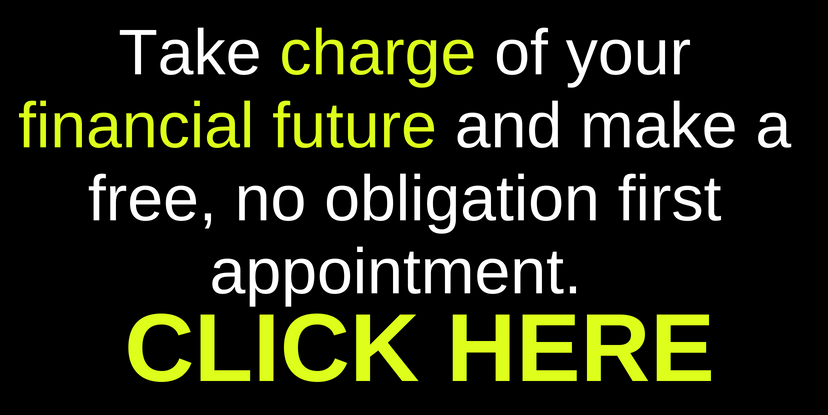How rewriting your personal money rulebook can set you up for success
Written and accurate as at: Jan 13, 2025 Current Stats & Facts

By Vanessa Stoykov
When it comes to money, most of us are walking around with a set of rules we didn’t even choose. These rules—unspoken, inherited, or reinforced by years of habit—often limit our ability to thrive financially. And here’s the real kicker: many of those rules were never built for the world we live in today.
Unlearning isn’t just about forgetting; it’s about actively dismantling the beliefs and behaviours that no longer serve us. This can be uncomfortable, but it’s also the only way to take control of your financial future.
Let’s dive into why unlearning is crucial and what steps you can take to rewrite your financial story.
The outdated money blueprint
Think about the financial world your parents grew up in. For many, it was a world where pensions were standard, homeownership was the primary financial goal, and steady, long-term jobs were the norm. These values shaped the advice you likely heard growing up:
- “Save every cent for a rainy day”
- “Owning a home is the only way to secure your future”
- “A good job will take care of you for life.”
Fast forward to today, and the world looks very different. Jobs are less secure, housing affordability is a huge challenge, and traditional savings accounts offer little growth. Yet, many of us still operate on these outdated rules, not because they work, but because they’re familiar.
The trap of “inherited shame” around money
One of the hardest things to unlearn is the emotional weight we attach to money. For many, it’s not just about dollars and cents—it’s about worth, success, and even love. If you grew up in a household where money was a source of conflict, secrecy, or stress, you may carry those same feelings into adulthood.
For example:
- If you associate money with shame, you might avoid financial conversations entirely.
- If money was a symbol of success in your family, you might feel compelled to overspend to “prove” you’re doing well.
Unlearning these emotional triggers is key to making clearer, more confident decisions about your finances.
Breaking free from the “hard work equals success” myth
One of the most pervasive money myths is that working hard is all you need to succeed. While hard work is undeniably important, it’s only one piece of the puzzle. Smart decisions—about investing, learning, and taking calculated risks—often outweigh sheer effort.
If you’ve been conditioned to believe that earning money always has to feel like a grind, you might miss out on opportunities that could make your money work for you, instead of the other way around.
Steps to unlearn and reframe your money mindset
Here are some practical ways to begin unlearning outdated money habits and replacing them with a mindset that aligns with today’s realities.
- Question the advice you’ve always followed: Ask yourself: Who taught me this rule? Does it apply to my life today? For example, if you’ve always been told that debt is bad, you might miss out on the strategic use of debt, like leveraging it for investment opportunities.
- Recognise your triggers: Do you splurge when you’re stressed? Avoid looking at bills because they make you anxious? Identifying these patterns is the first step to breaking them.
- Challenge the fear of growth: Many people stick to what they know because stepping into unfamiliar financial territory feels risky. Start small: invest in learning about topics like ETFs, superannuation strategies, or how to negotiate a better salary.
- Surround yourself with new voices: The people you listen to shape your beliefs. Follow financial educators, listen to podcasts, or join communities that encourage forward-thinking money habits.
- Reframe mistakes as lessons: Most of us have made financial mistakes, whether it’s overspending, bad investments, or staying in a low-paying job too long. Unlearning means viewing these as opportunities to grow, not reasons to feel stuck.
Building a new relationship with money
Unlearning is about creating space for something better. Instead of seeing money as a source of fear or frustration, start thinking about it as a tool to design the life you want. This means focusing on what truly matters—your goals, your values, and your vision for the future.
Imagine looking back in 10 years and realising that the way you think about money has completely transformed. That’s the power of unlearning: it frees you from the limitations of the past and gives you the clarity to make intentional, confident choices.
You don’t have to follow the rules you grew up with. In fact, breaking them might be the best financial decision you ever make.











